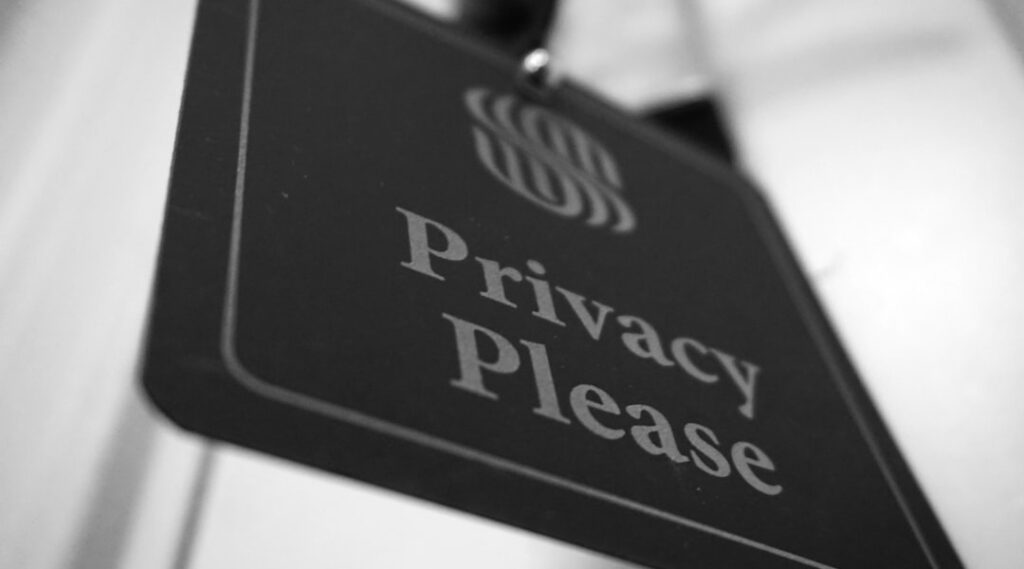The Employment Development Department (EDD) provides financial assistance to individuals who have lost their jobs through no fault of their own.EDD benefits are intended to help the unemployed meet their basic needs while they search for new employment opportunities.EDD benefits include unemployment insurance (UI), disability insurance (DI), paid family leave ( PFL), and several others. There are several types of EDD benefits, including Unemployment Insurance (UI), Disability Insurance (DI), & Paid Family Leave (PFL) UI benefits are for workers who have lost their jobs or had their hours reduced, DI benefits are for workers who are unable to work due to non-work related illness or injury, & PFL benefits are for workers who need time off to care for a seriously ill family member or new child. PFL benefits are for workers who need time off to care for a seriously ill family member or a new child. Although each benefit has its own eligibility requirements & amounts, they all serve the common purpose of providing financial assistance to those in need. In return, they are intended to supplement other sources of income and to cover necessary expenses during unemployment.
Key Takeaways
- EDD benefits provide financial assistance to eligible individuals who are unemployed or partially unemployed through no fault of their own.
- Eligibility for EDD benefits is based on factors such as past earnings, reason for unemployment, and ability to work.
- To apply for EDD benefits, individuals can submit an online application through the EDD website or by phone.
- Strategies for maximizing EDD benefits include understanding the waiting period, reporting work and wages accurately, and seeking re-employment assistance.
- Managing EDD benefits payments involves staying informed about payment schedules, reporting requirements, and potential overpayments.
recipients of EDD benefits must actively seek new employment opportunities and regularly report their job search activities to the EDD. to qualify for EDD benefits, they must meet certain eligibility requirements established by the EDD. For Unemployment Insurance (UI) benefits, applicants must have earned sufficient wages during a specific 12-month base period and must be available for work. They must also be willing to actively seek new employment opportunities and accept suitable job offers. For Disability Insurance (DI) benefits, the applicant must be unable to work due to a non-work related illness or injury as certified by a medical professional.
They must also be earning sufficient wages & paying into the DI program through payroll taxes. Paid Family Leave (PFL) benefits are available to employees who need time off to care for a seriously ill family member or the birth of a new child; eligibility requirements for PFL benefits include earning sufficient wages, paying into the program, and caring for or bonding with a family member. It is important to carefully review the specific eligibility requirements for each type of EDD benefit to determine if you are eligible for assistance. Meeting these requirements is essential to receiving EDD benefits; failure to do so may result in denial of benefits The application process for EDD benefits varies depending on the type of assistance sought.
For Unemployment Insurance (UI) benefits, the application is submitted online through the EDD website or by telephone using the EDD Tele-CertSM system. Applicants must provide personal information, employment history, and details about their separation from employment in order to complete the application. For Disability Insurance (DI) benefits, applicants may apply online through the EDD website or mail in a paper application.
| Topic | Metrics |
|---|---|
| Eligibility | Unemployment insurance requirements |
| Benefits Calculation | Base period wages, weekly benefit amount |
| Claim Filing | Application process, required documents |
| Job Search Requirements | Work search activities, reporting obligations |
| Appeals Process | Appeal rights, hearing procedures |
For Disability Insurance (DI) benefits, applicants may apply online through the EDD website or mail in a paper application. Applicants must submit a medical diagnosis of disability, personal information, & employment information; the EDD will review the application and medical documentation to determine if the applicant meets eligibility for DI benefits. Paid Family Leave (PFL) may be applied for online through the EDD website or by mailing in a paper application.
Applicants must submit personal information, details about family caregiving and bonding, and required documentation; EDD will review the application & supporting documents to determine if the applicant is eligible for PFL benefits. It is important that applicants carefully follow the application instructions provided by the EDD and submit all required information in a timely manner.There are several tips and strategies for EDD benefit recipients to maximize their financial assistance and make the most of their benefits. One important tip is to carefully manage expenses and create a budget that prioritizes essentials, such as housing, food, & utilities. By keeping track of expenses & cutting unnecessary costs, recipients can stretch their benefits further and ensure that they have enough funds to meet their basic needs Another strategy for maximizing EDD benefits is to use the job search resources and support services provided by the EDD EDD benefits are available through the EDD’s website and support services.
Recipients can access job postings, career counseling, resume writing assistance, and training programs through the EDD website and local employment offices. By actively seeking new employment opportunities & participating in job search activities, recipients are more likely to find new jobs and reduce their reliance on EDD benefits. In addition, EDD benefit recipients should be aware of any additional assistance programs or community resources that may be available to them. By being proactive & resourceful, they can make the most of their EDD benefits and improve their financial situation during periods of unemployment or disability Once approved for EDD benefits, recipients need to manage their benefit payments to ensure they receive timely and accurate assistance. For Unemployment Insurance (UI) benefits, recipients may choose to receive payment by either a Bank of America debit card or direct deposit to a personal bank account.
For Disability Insurance (DI) & Paid Family Leave (PFL) benefits, recipients may also choose to receive payment by Bank of America debit card or direct deposit. Beneficiaries should also be aware of any reporting requirements or changes in circumstances that may affect benefit payments. This includes return to work, changes in income, and updates on medical conditions. Staying informed and communicating with the EDD as needed will ensure that the recipient continues to receive uninterrupted benefits.
In some circumstances, the recipient may be eligible for an extension of the EDD benefit period beyond the standard period. For Unemployment Insurance (UI) benefits, extensions may be possible during periods of high unemployment or economic downturn. For Disability Insurance (DI) benefits, an extension may be granted when an individual’s medical condition requires further absence from work beyond the standard benefit period. Recipients must submit updated medical documentation and request an extension from the EDD in order to continue receiving DI benefits. Paid Family Leave (PFL) benefits may be extended in certain circumstances, such as when a family member’s illness or bonding needs continue beyond the original benefit period.
Beneficiaries should provide updated information on their family caregiving and bonding status and apply to the EDD for an extension, if necessary; it is important that those who may be eligible for an extension of EDD benefits stay informed about their options & follow any instructions provided by the EDD. The Employment Development Department (EDD) offers a variety of resources and support services for individuals receiving EDD benefits. These include access to job search assistance, career counseling, resume workshops, and training programs through the CalJOBS website & local employment offices. In addition, the EDD provides online tools and resources for managing benefit payments, reporting job search activities, updating personal information, & accessing important forms and documents. Beneficiaries can log into their EDD account through the website to view their payment history, check the status of their claim, & contact EDD as needed.
for those who have questions or need assistance with their EDD benefits, EDD has a website, telephone hotline, customer service support through its regional offices. Beneficiaries can contact EDD for issues related to benefit payments, eligibility status, reporting requirements, and other concerns. By utilizing these resources & support services, individuals can more effectively navigate the process of receiving EDD benefits and access the assistance they need during difficult times.
If you’re looking for more information on supporting working families and the case for paid family leave, be sure to check out the article “Supporting Working Families: The Case for Paid Family Leave” on EDD Caller. This article provides valuable insights into the importance of paid family leave and how it can benefit both employees and employers.
FAQs
What is UID EDD?
UID EDD stands for Unique Identification Entity Data Dictionary. It is a standardized data dictionary used by the United States Department of Defense to define and describe data elements for unique identification of items in the supply chain.
What is the purpose of UID EDD?
The purpose of UID EDD is to provide a common language and structure for identifying and tracking items in the supply chain. It helps ensure that items can be uniquely identified and their data can be accurately and consistently captured and shared across the Department of Defense and its partners.
How is UID EDD used?
UID EDD is used to define data elements for unique identification, such as item unique identifier (IUID), serial number, part number, and other relevant information. It is used in conjunction with other standards and systems to ensure the accurate and efficient tracking of items throughout their lifecycle.
Who uses UID EDD?
UID EDD is primarily used by the Department of Defense and its contractors, suppliers, and partners involved in the supply chain. It is also used by other government agencies and organizations that require standardized data for unique identification and tracking of items.
Is UID EDD mandatory for all Department of Defense contracts?
Yes, UID EDD is mandatory for all Department of Defense contracts that involve the acquisition, tracking, and management of items in the supply chain. Contractors and suppliers are required to comply with UID EDD requirements as part of their contractual obligations.



